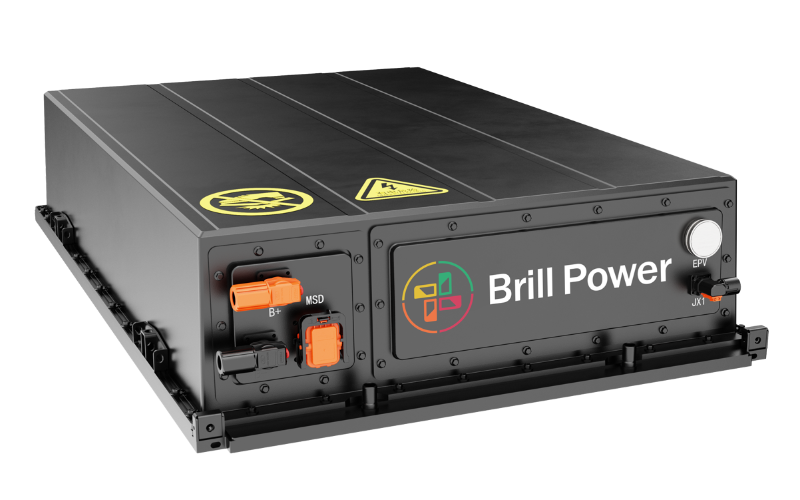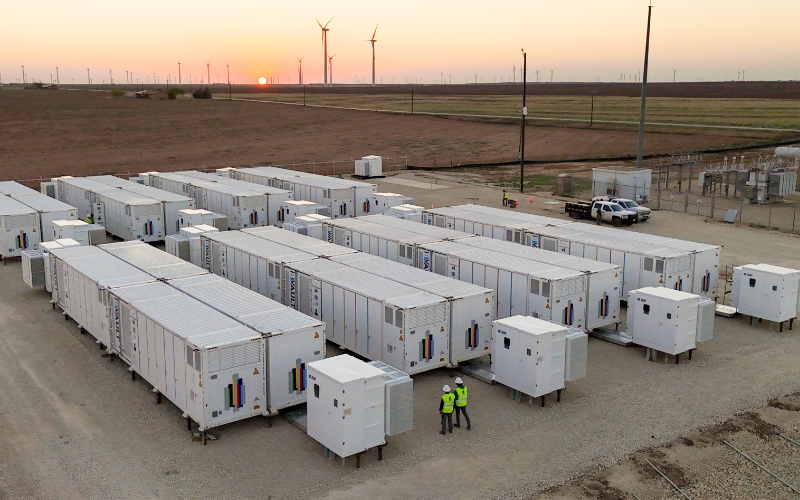The energy solutions firm Aggreko has released a report that suggests temporary hybrid power solutions that use battery energy storage systems (BESS) might be a way forward to help UK manufacturers mitigate the effects of high industrial energy prices and grid limitations.
The report, entitled Sharing the Load, is focused on how manufacturers can improve efficiency and decarbonise temporary power systems using BESS.
The report said the use of a BESS can mean for a more efficient usage of energy, particularly by storing energy during periods of low demand and discharging at peak operational hours.
One example of this the report uses is the spike in energy use when starting up the electric motors that power industrial equipment.
A BESS can be used to meet the spike in demand while a smaller generator is operating to meet the base load, the report said.
The potential of BESS in manufacturing is something the report said is undisputed, but the manufacturing sector needs certainty in knowing the technology will be reliable due to the tight margins involved.
Steve Ennis, manufacturing sector manager, Aggreko, said: “While both understanding and usage of battery storage remains in relative infancy in this sector, there is significant potential for this technology to help address some of the major challenges that UK manufacturing is facing today. When deployed correctly, BESS can allow manufacturers to adjust their energy usage dynamically in line with market prices and production schedules, allowing them to remain agile. The aim of our latest guide is to facilitate this by highlighting just some of the real-world applications for battery storage in manufacturing.”
Image: The report entitled ‘Sharing the Load’ highlights the potential of BESS in manufacturing. Credit: Aggreko.












